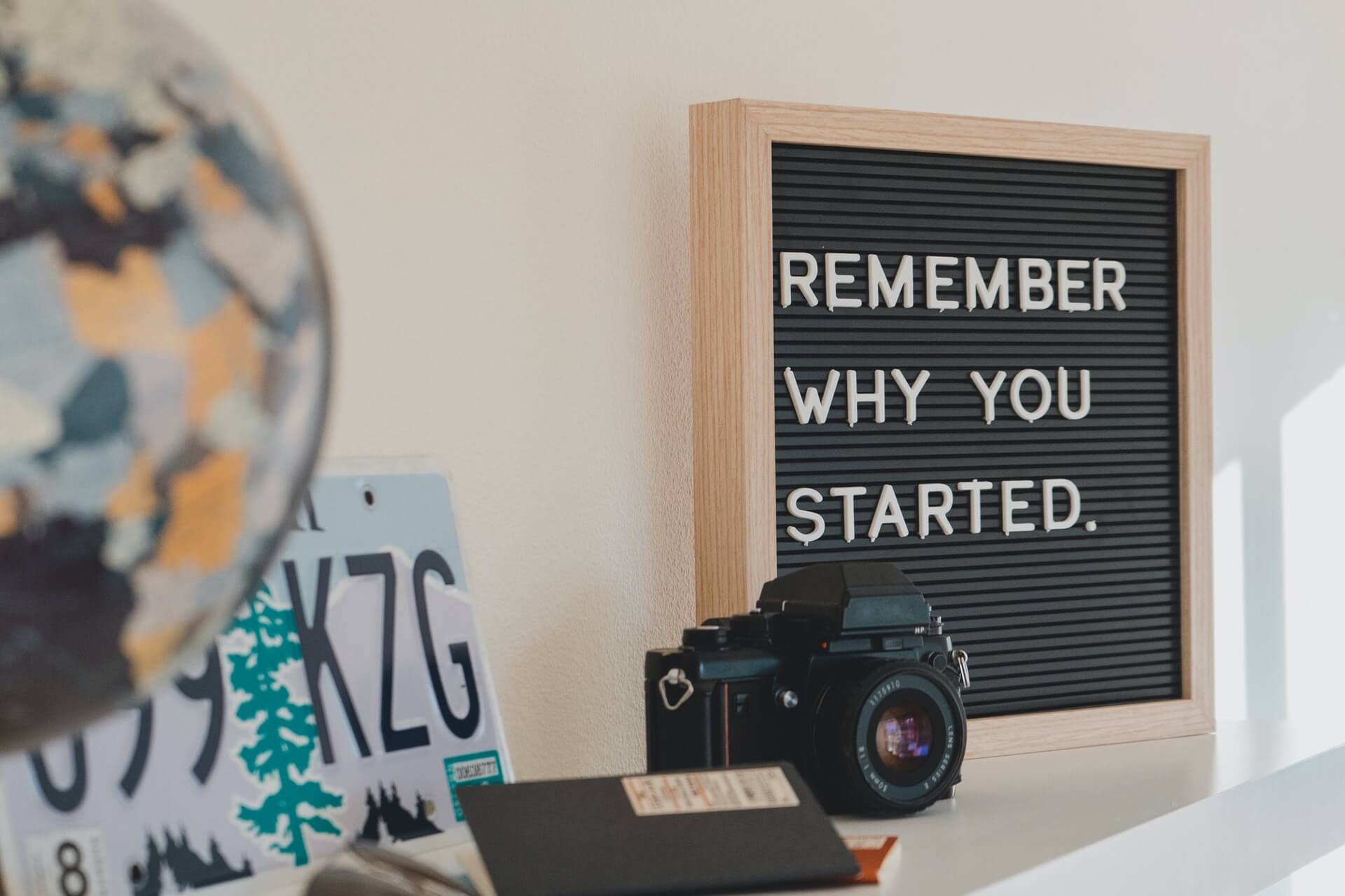If you’re a college music student (or will be soon), I hope you’ve read this article: An Impossible Choice: Music Majors, COVID-19, and an Uncertain Future.
I’m a bit late to it (it was originally published on August 17), but the authors do a great job of distilling the mental and monetary calculations that have likely been going on in the minds of college music students over the past several months.
The big question for most students is:
Is Music School Worth It?
It’s always been an open question if a degree in music is “worth it”. In general, I think that if you have to pay your own way (tuition, room and board, etc.) then it’s actually not worth it if you only want to be a performer.
Simply put, you don’t need any sort of formal education if you can play at a high-enough level.
This means doing the research and putting together your own program of music theory, aural skills, private lessons, language and diction classes, some online bootcamps, and a laptop/mic setup.
A DIY Degree
The cost for this one year is quite competitive when you compare it to the average college tuition cost for a year. Online classes also have the potential to also be more flexible – making it much easier for students to hold a job instead of going into debt.
Another positive for this kind of DIY program is there is no degree at the end. Getting a performance degree means basically nothing (I have two!), so getting rid of that as a “goal post” may help direct a student into more productive directions (winning a job).
Granted, there are lots of positives about music programs at conservatories and good state schools. If you can go to a program like that with a scholarship or assistantship – where you pay relatively little – than this can be a great educational and musical experience.
If you don’t get a scholarship or assistantship, though, and you’re looking at paying (on average) $34,000/year, then you may want to consider putting together your own program.
If this doesn’t sound like something you’re motivated to do, then maybe focusing on music performance is not for you.
Final Thoughts
Of course, if you want to teach band, choir, or college, you have to have a degree. That makes the “DIY Degree” impractical.
However, if you’re doing a “gap year” due to COVID, you can take some of the “DIY Degree” ideas and give yourself an advantage when colleges (and music jobs) start to open back up again.
In any case, as difficult as professionals have it, it feels like it’s exponentially worse for students. Not only are they having to make big decisions, but (at least here in the US) there’s no telling when a “normal” music degree track will be back.


Leave a Reply
You must be logged in to post a comment.